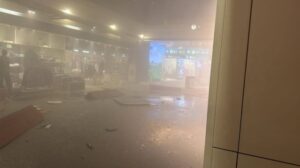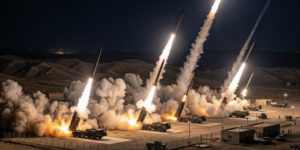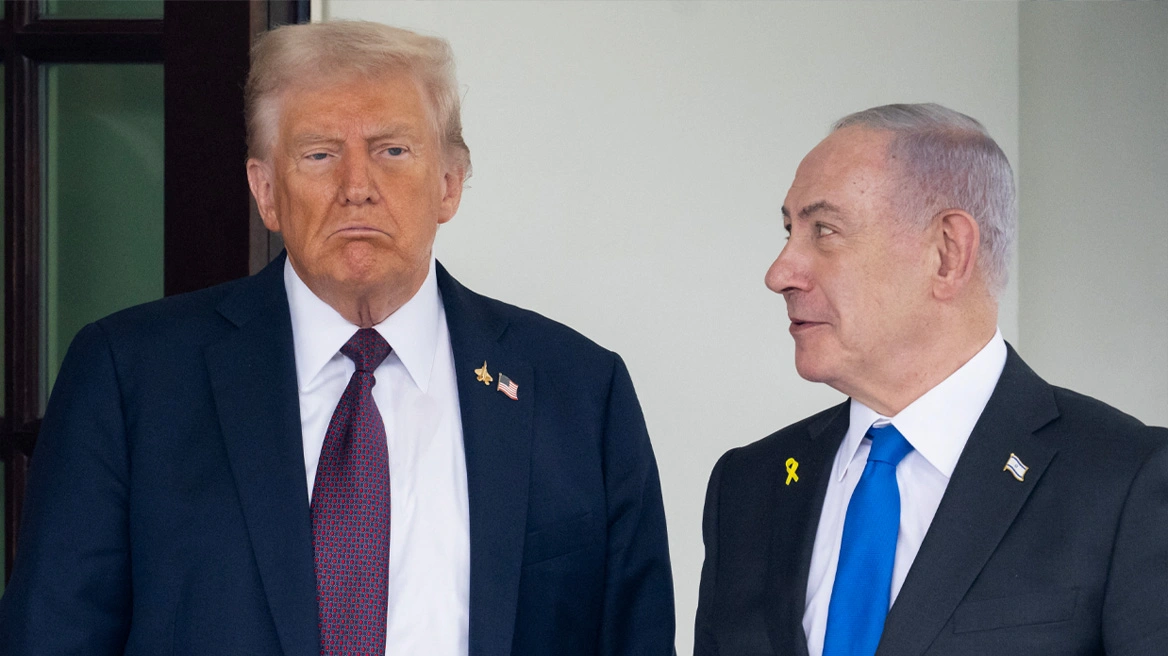A small phone store buys six tons of aluminum paste. A fertilizer dealer is interested in 78 tons of a food additive. A British company orders motion control software from the United States — but the bill is paid by a luxury car hire company in Turkey.
The organization known as Islamic State assembled the components of its weapons arsenal through transactions like these over years.
IS worked to build up a network of suppliers and technicians that provided he group with an extensive arsenal of weapons, according to a newly published study by the London-based Conflict Armament Research organization. Thanks to this arsenal, IS was able continuously to expand its areas of control in Iraq and Syria beginning in 2014.
Washington has announced sanctions against Turkey for the S-400s
John le Carré, author of Tinker Tailor Soldier Spy, dies aged 89
According to the study, the border region in Turkey and Syria was a key hub in this supply chain. IS members, usually using false identities, contacted companies in the area and ordered the necessary components to construct explosives and other weapons. The study’s authors repeatedly stress that the companies accepted the orders without knowing what sort of customer they were dealing with.
“IS deliberately kept open, as a fallback position, a region where the relevant transactions could be arranged,” Peter Neumann, a professor of Security Studies at King’s College London, told DW.
Read more: DW
Ask me anything
Explore related questions





